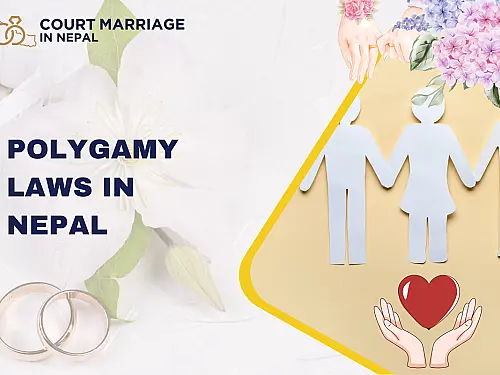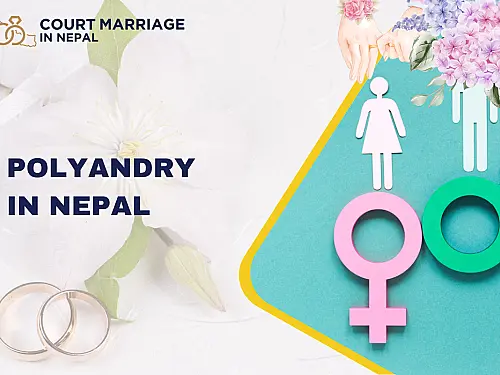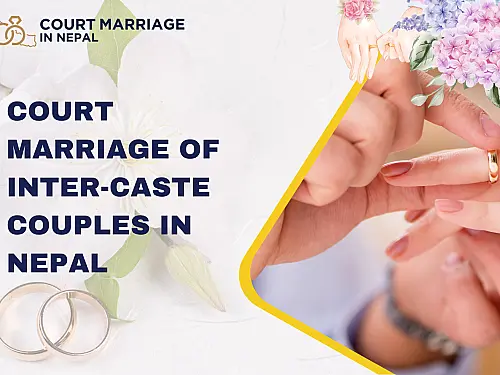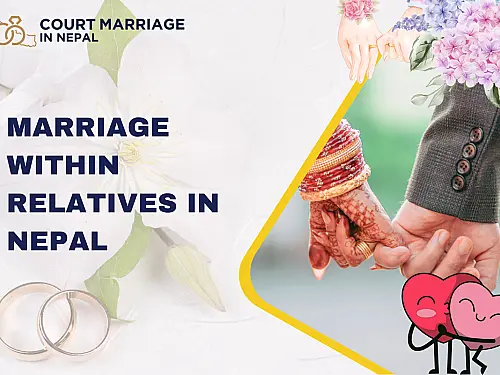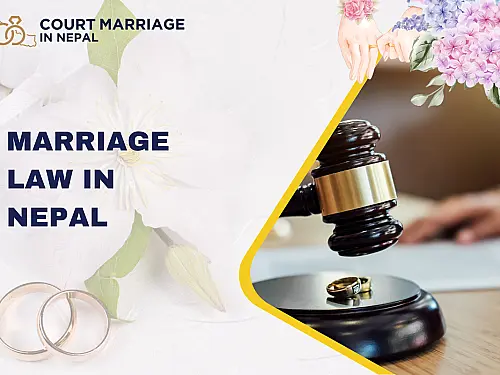Court marriage is a legal form of marriage where the couple registers their marriage at the District Court without any social or religious ceremony. It is based on mutual consent and recognition by the law. Court marriage has many benefits such as being quick, easy, inexpensive, independent, and protective of the rights of both parties. It also allows people of different nationalities, religions, castes or cultures to get married legally without any restrictions or barriers.
However, court marriage also comes with its own challenges, such as facing social stigma or discrimination from family or community. Court marriage may not be accepted or respected by some people who adhere to traditional or conservative values and beliefs. They may consider it as a violation of their customs or norms or as a sign of disrespect or rebellion. They may also try to discourage or dissuade the couple from getting married through court or even threaten or harm them physically or emotionally. The couple may face social isolation or exclusion from their family or community or lose their support or trust.
If you have chosen to have a court marriage in Nepal, you may have faced or may face such challenges in your life. You may feel hurt, angry, sad, scared, or confused by the negative reactions or attitudes of others. You may also feel guilty, ashamed, or insecure about your decision or your relationship. You may wonder how to cope with the situation and how to deal with the stigma and discrimination.
Here are some tips and advice that may help you deal with social stigma and discrimination after court marriage in Nepal:
- Be proud of your decision and your relationship. Remember that court marriage is a valid and respectable form of marriage that suits your needs and preferences. You have the right to choose your partner and your form of marriage without any interference or pressure from others. You have made a courageous and progressive decision that reflects your love and respect for each other. You do not have to justify or explain your decision to anyone who does not understand or appreciate it.
- Seek support from those who accept and support you. Surround yourself with people who respect and value your decision and your relationship. They can be your friends, relatives, colleagues, neighbors, or anyone who cares for you and your well-being. They can provide you with emotional, practical, or financial support when you need it. They can also help you cope with stress, anxiety, or depression that may result from stigma and discrimination.
- Educate yourself and others about court marriage and its benefits. Learn more about the legal aspects and procedures of court marriage in Nepal. Find out about the rights and responsibilities that come with court marriage. Understand the benefits and advantages of court marriage for yourself and your partner. Share this information with others who may have misconceptions or doubts about court marriage. Explain to them why you chose court marriage and how it works for you. Try to dispel any myths or stereotypes about court marriage that may fuel stigma and discrimination.
- Stand up for yourself and your partner against stigma and discrimination. Do not let others intimidate or harass you because of your decision or your relationship. Do not tolerate any abuse, violence, or threats from anyone who opposes your court marriage. Report any incidents of stigma and discrimination to the authorities or seek legal help if necessary. Seek protection from the law if you feel unsafe or insecure in your environment. Assert your rights and dignity as a married couple and as human beings.
- Seek professional help if needed. If you feel overwhelmed by the stigma and discrimination that you face after court marriage, you may need professional help to cope with the situation. You may suffer from mental health issues such as depression, anxiety, post-traumatic stress disorder (PTSD), or suicidal thoughts that may affect your personal and professional life. You may also face marital problems such as communication issues, trust issues, intimacy issues, or conflict resolution issues that may affect your relationship quality and satisfaction. In such cases, you may benefit from seeking counseling, therapy, mediation, or other forms of professional help that can help you overcome your challenges and improve your well-being.
- Join a support group or a network of people who have similar experiences. You are not alone in facing stigma and discrimination after court marriage in Nepal. There are many other people who have gone through similar experiences and who can relate to your feelings and struggles.
- a court marriage in Nepal. You can share your stories, experiences, feelings, and struggles with them and get support, advice, or guidance from them. You can also learn from their coping strategies and success stories and get inspired by them. You can find such groups or networks online or offline, through social media, websites, forums, blogs, podcasts, newsletters, magazines, books, events, workshops, seminars, or other platforms.
- Seek positive aspects and opportunities in your situation. Try to look at the bright side of your situation and find positive aspects and opportunities in it. For example, you can appreciate the benefits and advantages of court marriage for yourself and your partner. You can also focus on your personal and professional goals and aspirations and pursue them with passion and determination. You can also explore new hobbies, interests, or skills that can enrich your life and make you happy. You can also use your situation as an opportunity to grow as a person and as a couple and to make a positive difference in the world.
- Be hopeful and optimistic about your future. Do not let stigma and discrimination affect your self-esteem or confidence or ruin your happiness or peace of mind. Do not let them stop you from living your life to the fullest or achieving your dreams or potential. Be hopeful and optimistic about your future and believe that things will get better with time and effort. Trust that you and your partner will overcome any challenges or difficulties that may come your way and that you will have a successful and fulfilling marriage.
Conclusion
Court marriage is a legal form of marriage that has many benefits but also some challenges. One of the main challenges is facing social stigma or discrimination from family or community. This can cause emotional, psychological, or social problems for the couple and affect their well-being. However, there are ways to deal with stigma and discrimination after court marriage in Nepal, such as being proud of your decision and your relationship, seeking support from those who accept and support you, educating yourself and others about court marriage and its benefits, standing up for yourself and your partner against stigma and discrimination, seeking professional help if needed, joining a support group or a network of people who have similar experiences, seeking positive aspects and opportunities in your situation, and being hopeful and optimistic about your future.
If you have chosen to have a court marriage in Nepal, you may face stigma or discrimination from some people who do not understand or appreciate your decision. However, you do not have to let them affect you negatively or prevent you from enjoying your marriage. You can deal with them effectively by following the tips and advice given in this article. You can also spread love and awareness among others who may have misconceptions or doubts about court marriage. You can also join the #मायाफैलाऔं #SpreadLove Campaign , which calls for an end to stigma and discrimination against people affected by the COVID-19 crisis in Nepal.
Remember that court marriage is a valid and respectable form of marriage that suits your needs and preferences. You have the right to choose your partner and your form of marriage without any interference or pressure from others. You have made a courageous and progressive decision that reflects your love and respect for each other. You deserve to be happy and respected for your decision and your relationship.
We hope that this article has helped you understand how to deal with social stigma and discrimination after court marriage in Nepal. We wish you all the best for your court marriage and your future.
At Court Marriage In Nepal, a registered law firm operating as Court Marriage In Nepal Pvt. Ltd., we specialize exclusively in Court Marriage Nepal. As the first law firm in Nepal dedicated to court marriage services, we assist both Nepali citizens and foreign nationals with the court marriage registration process in Nepal, including complete legal support for court marriage registration for foreign citizens in Nepal. As a trusted marriage firm in Nepal and a licensed law firm in Nepal, we ensure a smooth, lawful, and stress-free experience. Contact us today for confidential assistance with court marriage registration in Nepal.

-medium.webp)
